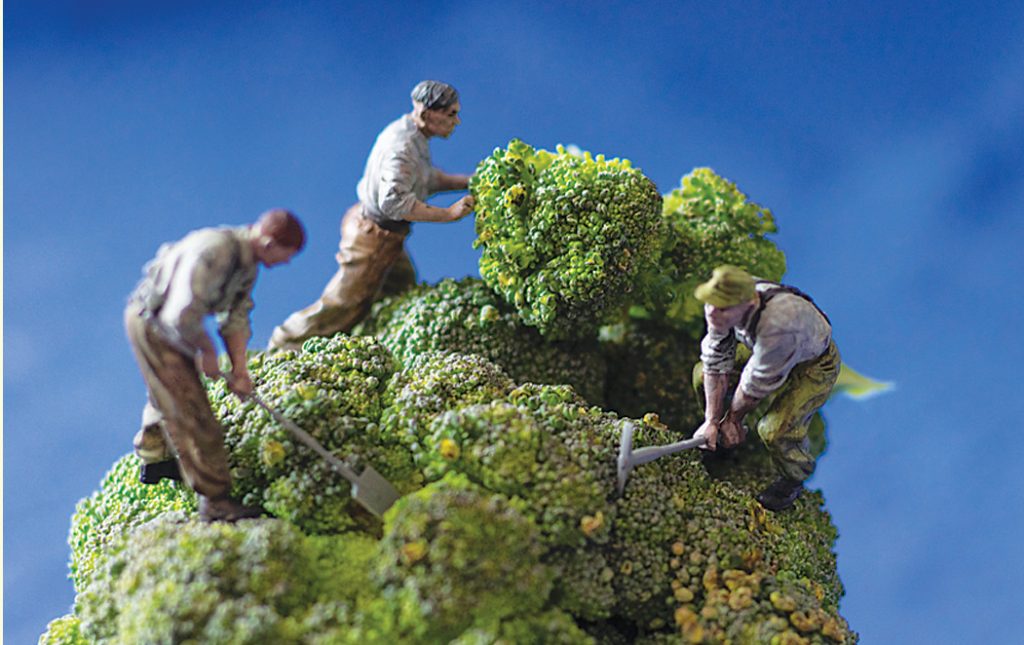
The good news: Fairfield already offers yard waste composting. The bad news: we don’t have citywide food waste composting … yet.
Did you know that when you put garbage and food waste in the trash, it ends up in a landfill? Or that even if you carefully opt for a compostable takeout container instead of styrofoam, but then put that in the trash, it too ends up in a landfill. So why is that a problem? Because organic waste in a landfill produces methane, a powerful greenhouse gas.
According the U.S. Environmental Protection Agency, food is the single largest category of material placed in municipal landfills, where it emits methane. Municipal solid-waste landfills are the third largest source of human-related methane emissions in the United States, accounting for approximately 14.1 percent in 2017.
When food items, yard waste, and other materials decompose in a home composting system, they do not produce methane. That’s because a small-scale, residential system is aerobic (i.e., takes place in the presence of oxygen), while the landfill is anaerobic (without oxygen). It makes a significant difference, and it means backyard composting is a good thing.
However, backyard or vermiculture (worm bin) composting is not for everyone. It’s not so great in the winter. It’s hard for those who live in apartments, are infirm, travel a lot, are too busy, or just don’t want to mess with it. There are countertop appliances like the Lomi that will manage this messy job, but that’s not a budget-friendly solution for most people.
Fairfield is too small to support a “waste-to-energy” plant like Dubuque has (the city collects garbage that is eventually used to generate electricity). We are too big to compost like some small communities do (such as MIU), as our volume would quickly exceed the legal limits of such systems. So what is a medium-sized community to do?
A group of citizens is determined to solve this puzzle—to research different systems, study what other small communities are doing, and look for grant opportunities. If you would like to help, please contact SEIowaSierraClub@gmail.com and use the header, “Food waste composting.” It’s not rocket science. Let’s put our heads together and figure this out!
